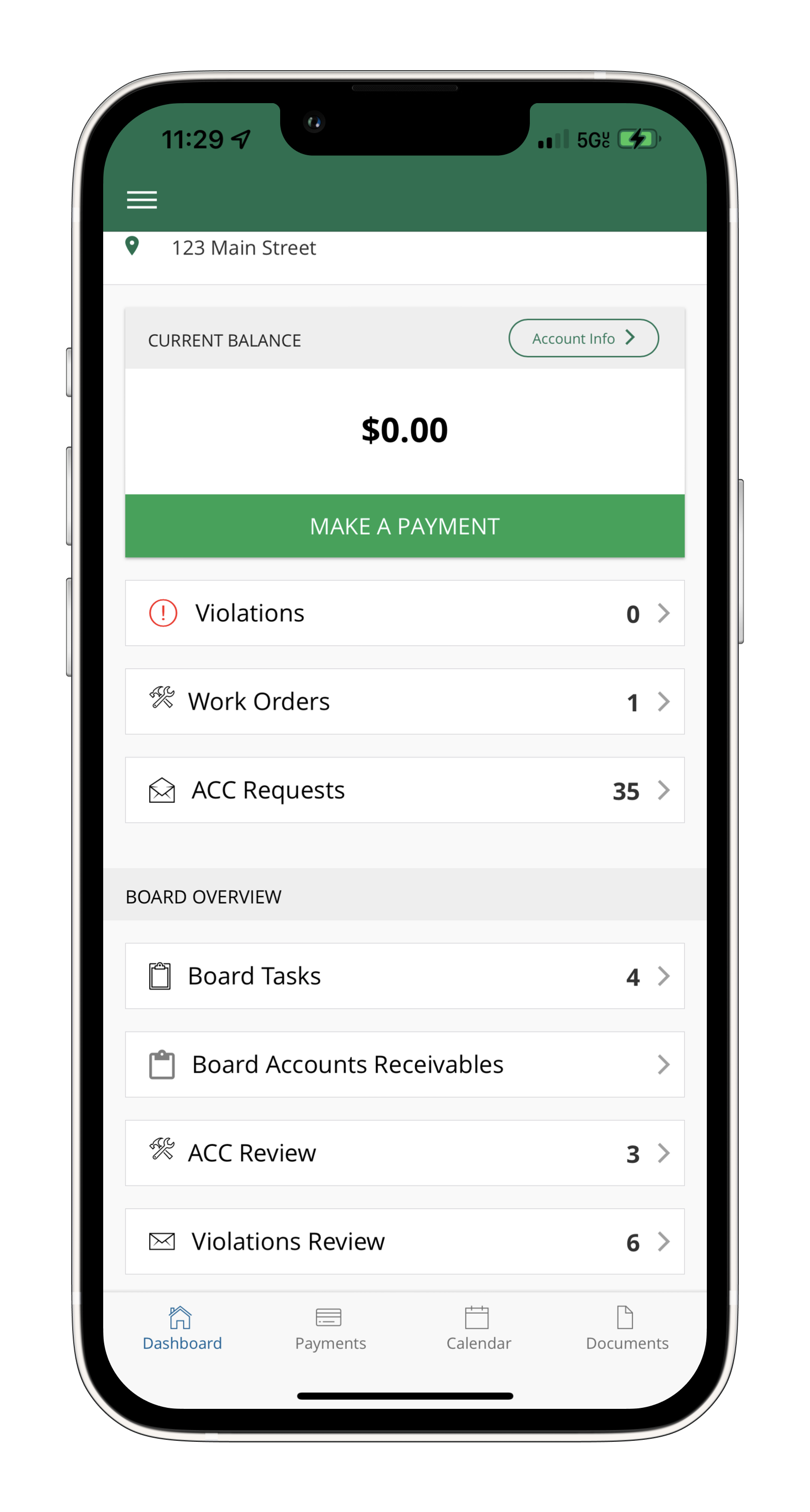


How to Review Bids and Contracts
March 29, 2018


CMA Names Vice President for Plano Operations
May 1, 2018
Your pool rules can help to keep your association out of deep water.
Many community homeowners’ associations prepare to open their neighborhood pools by adding chemicals and performing water tests to ensure the welfare of community residents. Just as HOAs take care in measuring chlorine, boards of directors are well-advised to take care in understanding the attendant risks of operating a community pool before preparing their associations’ pool rules.
This article reviews the rules that HOAs may implement to mitigate risks in the areas of pool access, safety, and conduct. These categories contain some overlap, so it helps to review all three before you begin to construct each individual pool rule.
Rules that Govern Access
Traditional lock and key
- Pool is locked at all times; members must use key to gain access.
- Lock must be changed out to limit access after pool hours.
Digital passcard
- Prevents residents from making and disseminating copies of keys; lost passcards can be disabled.
- Keeps records of everyone who enters pool area to deter vandalism and theft.
- Can be disable during non-operating hours
Sign -in system
- Records visitors and times they were at the pool.
- Does not adequately prevent access to those who don’t belong there. Pool monitors may be reluctant to confront non-authorized entrants.
Determining operating hours
- Many factors to consider such as safety, desires of the owners, need for security or pool monitors for extended pool hours, and the potential for vandalism after dark.
- The merits of each solution for pool access should be deliberated by the Board of Directors and approved based on security and safety considerations.
Rules that Govern Safety
Safety is the #1 priority in operating a community pool. Drowning may be the first concern that comes to mind, but other safety hazards abound, including injuries and deaths resulting from slipping on wet surfaces, diving into shallow waters, improper use of slides and diving boards, rough play, and even alcohol consumption.
We advise creating and posting rules that address each of the above safety concerns.
- Consider using a rope to limit access to deeper water and have rules stipulate that only skilled swimmers can enter the deep end.
- Warning signs on the pavement around the pool must indicate where swimmers can and cannot dive.
- Advise visitors not to run in the pool area, not to engage in rough play, and not to engage in risky behavior on slides and diving boards.
- Consider rules restricting or limiting the use of alcohol, and specifying the types of containers that can be used.
Rules that Govern Conduct
We strongly advise HOAs to understand the federal and state Fair Housing Act, which prohibits discrimination on the basis of “familial status,†which means families with children. HOAs should construct neutrally written rules to ensure that all members and guests are treated equally and in accordance with the laws.
- For example, a neutral rule would not imply that there a correlation between age and swimming ability, or between age and continence.
- An association cannot restrict access based on age alone
- It cannot administer swim tests to people in certain age groups.
- Regarding swim diapers; a rule that states that incontinent swimmers must wear a swim diaper is a fairly drafted rule, whereas a rule that states that the elderly or toddlers must wear a swim diaper may run afoul of the Fair Housing Act (which has different provisions by state).
Preparing pool rules can be a balancing act for an association concerned with ensuring swimmers’ safety and staying within the parameters of the law. It is always a good idea to have an experienced HOA attorney assist you with your pool rules to help keep your association out of deep water.


Michael LeskuÂ
Vice President of Onsite Operations, CMCA®, AMS®, PCAM®







